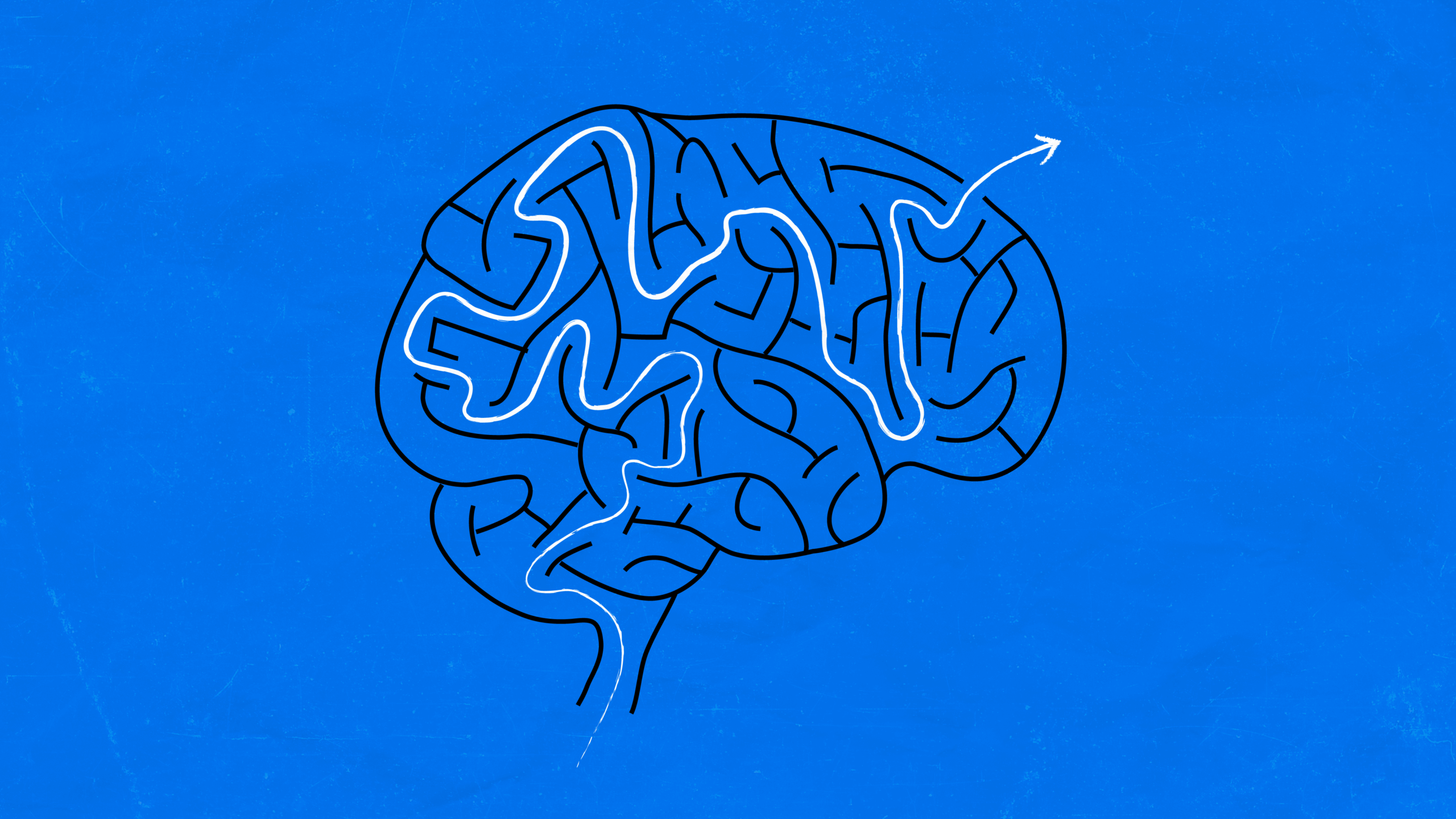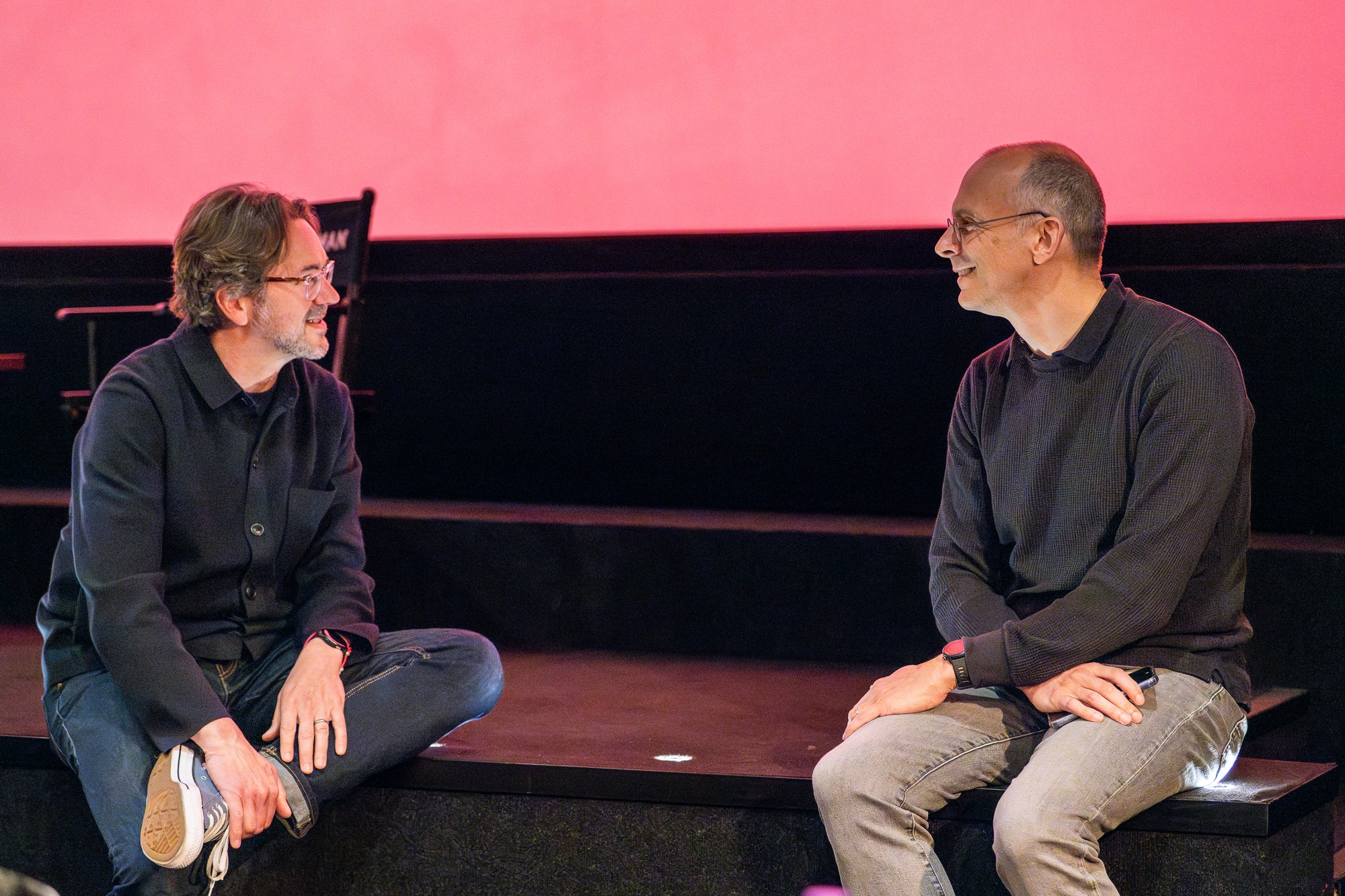How to stop things falling apart

The need for truth and authenticity in communication has never been more important.
On Tuesday, we had the great pleasure of hosting Jon Ronson at the Everyman cinema – just round the corner from our offices in Borough Yards. With us to listen to Jon were our clients and friends of theTeam – it was an extraordinary event that left us all feeling inspired and reflective.
Jon is, in the words of wikipedia, “a gonzo journalist producing informal but sceptical investigations of controversial fringe politics and science.” To us, he’s both a storyteller and a truth finder.
He has seen some sights, from extremists to psychopaths, and only this weekend Jon described in the Guardian how, “it’s getting harder to remain hopeful.” Although, yesterday he admitted that at the time of the quote he was probably having an especially pessimistic day.
Because, as Jon told us, and I paraphrase, ‘we’re all essentially a little messed up and if there’s one thing we all need to invest in more, it’s curiosity and connection.’
Personally, I think that the more you listen to Jon’s stories, the more answers you’ll find to how to think critically in the future, avoid assumptions – and by extension, the more hopeful you’ll become.
Often his stories reveal how conspiracy theorists and zealous ideologues have themselves been damaged in the past and we have wilfully allowed them to occupy a platform in a media landscape where freedom without responsibility roams unchecked.
During his talk, Jon covered three areas for us:
Workplace culture, trauma, and freedom of speech (with responsibility)
I was especially hooked by an episode of Jon’s podcast ‘Things Fell Apart’ when he spoke with Bessel Van Der Kolk. Besel was the first person to identify PTSD and his codification of trauma has been used by psychologists for many years, and misrepresented.
His book, ‘The Body Keeps The Score’ became a hit, but not until COVID, when so many were looking for answers to explain why they felt the way they did.
During the podcast, Besel’s commented that ‘if you have seen a member of your family murdered, then you have suffered trauma. But if someone just has a different point of view to you, that is not trauma.’
Put simply, Besel worries that trauma is often perceived as anything that seemed to contradict an individuals view of the world. If it challenges or hurts your feelings, then it is traumatic.
The reality is that someone having a different point of view; liking a different author; believing in a different policy is not trauma. It may be cause for debate and discussion, but it’s not trauma.
Today, I worry that misrepresentation of trauma risks shutting down debate and discussion in the workplace. When debate isn’t happening, progress is damaged.
I do think it’s good (and right) that all people (especially workplace leaders) check themselves before speaking or acting. Will my words or deeds cause harm? That’s a question that any leaders should ask. But there’s a difference between harm and offence.
I’m offended by the UK government’s proposed policy to outsource its human rights obligations to Rwanda, but I’m not harmed by it. The fact that it has been proposed allows me to enter into debate around what is right and what is wrong with immigration policy.
Jon’s stories demonstrate how the jump to offence shuts down free speech and in doing so, stifles our ability to discuss complex issues. It makes the workplace (and society) less free, less enriching. In the podcast it’s referred to as “the trivialization of trauma.”
During his talk with us, Jon shared a TikTok video of a young man looking into the camera asking viewers, “Are you hurting? If the answer is yes, you have trauma. And don’t let anyone tell you that you have not.” The video went viral, receiving millions of likes.
I don’t think that the young man’s claim is true. You may not have trauma simply because you’re hurting. And even if pain exists, it’s not necessarily trauma. Sometimes, it’s just experience.
It was C.S. Lewis who said, “Through suffering, we release our hold on the toys of this world, and know our true good lies in another world. We’re like blocks of stone, out of which the sculptor carves the forms of men. The blows of his chisel, which hurt us so much, are what make us perfect.”
Putting aside his use of this metaphor to argue for ‘God’s actions’, I think he’s right. If we shut down everything that hurts us, we learn nothing.
In today’s corporate world, every argument is for innovation and risk taking, and yet we’re at risk of creating workplace cultures where people are in fear of saying something for fear of saying the wrong thing.
At a time where innovation is so needed, more than ever we need people prepared to debate and discuss the thorny issues.
Are we too easily offended or are we too quick to go in search of a fight?
It’s this weaponising of trauma that risks leaders becoming as scared of their workforce as the Syracuse University Professors are of their students. (Want to know more about that one? Listen to the podcast.)

Evidence-based storytelling
I’m a strong believer in the ‘Unintended Consequences’ of storytelling – or least, the retelling of compelling stories. Every action has an equal and opposite reaction.
I can point to first-hand evidence.
A few of my family were sat around the kitchen table towards the end of last year when the story of kids identifying as cats came up. According to one member of my family, a friend of a friend’s daughter was having to deal with a classmate who identified as a cat. She ate her meals from a bowl and hissed at other classmates. The teachers were being forced to modify their lesson plans to accommodate her. “Well, she’s disturbed,” we said. “She needs psychiatric help.”
Then I listened to Jon’s podcast, and the origin of that story is an interesting one. Repeated by right-leaning Senators in the USA and by shock-jock radio hosts, the reality goes back to a school in California where buckets with sand in them have been installed for the kids to use when the building is in lockdown because of an active shooter. Far from being “litter trays” the buckets were part of a life saving strategy. As Jon suggested to us, “let’s be honest, this is just a proxy to attack the transgender debate.”
Two months later, the ‘kids as cats’ conversation came up again at the dinner, and I told Jon’s story and suggested we try to get to the origin. Had anyone actually spoken to someone who could categorically say that this was happening?
Unsurprisingly, the answer was ‘no’.
But it was such a good story to tell. It’s a brilliant pub/bar story for when there’s a pause in conversation.

So why do we so willingly retell stories without choosing to check our sources?
Social media has undoubtedly enabled the spreading of stories, but why has it not also encouraged a more forensic analysis of sources in the search for the truth?
The singer and political activist Billy Bragg has written about the Three Dimensions of Freedom: Liberty, equality, accountability. It’s that third dimension that’s so important: accountability for what we do and say.
The message I would love to get across is this: Don’t let ideology trump evidence in storytelling. The consequences can hurt people. Don’t be so quick to repeat a story (or like it) without first finding out its source.
And a quick online search is not good enough. One often repeated fact is that we see 10,000 adverts a day. It’s a great repeatable fact and you’ll still find it on page one of a Google search. The reality is that it is 98.5, but that’s far less repeatable.
Outliers and how they get attention
It’s Godwin’s Law that states that the longer an online discussion goes on so the probability of a comparison to Hitler increases. He’s quite rightly the bogeyman we all fear. How did he go from a corporal and failed applicant to the Vienna Arts School, to the leader of a murderous regime?
Listening to Jon’s stories about the proponents of many of the mythical stories that fuel culture wars you can’t fail to be struck by some of the back stories of the people he meets.
Judy Mikovits was working behind a bar in a yacht club when she was given her chance to re-enter the fray in scientific research. She went on to write papers (later discredited) that were used to fuel mistruths behind the COVID vaccines. Mikki Willis was a failed actor who went onto to produce the film Plandemic and has produced stories that weave together a whole host of conspiracy theories.
Why or how do we end up listening to people whose credentials might not (and often don’t) stand up to scrutiny?
It’s striking that Mikki did suffer trauma – the loss of his brother to AIDs and his mother a few months later, attributed to what he saw as a broken heart. He experienced alleged sexual harassment from a drama teacher. All these experiences must have shaped him.
At the heart of his mistrust of COVID vaccines sits one man: the former Chief Medical Advisor to the President of United States, Anthony Fauci.
Why is that important?
Because Anthony Fauci was also instrumental in the search for treatments for HIV sufferers in the 80s and 90s. Unsurprinsingly, during the search for drugs and treatments that would extend life, some failed. But, as some experts have pointed out, it was Fauci’s work that eventually fast tracked better treatment. Sadly, Mikki’s brother’s life was not improved. He was one of many paitients who died far too early.
The questions I have in my mind are these …
Who created Judy and Micki? Did we create them? Did they create themselves? Should we have given them a platform from which to champion them and then shoot them down? What role do we have when we look at ourselves?
Something we’re currently working on at theTeam is a new eBook on how we stop this happening, and what responsibility marketing and communications departments have in protecting people from distorted pictures of the truth. Stay tuned.





